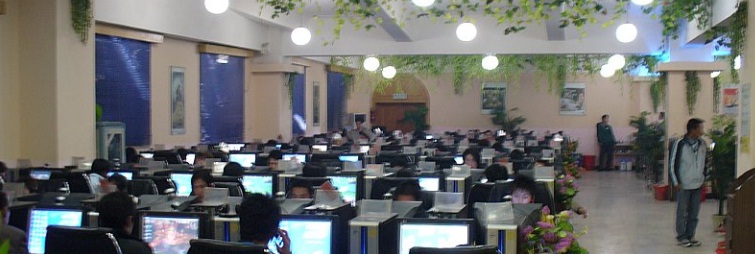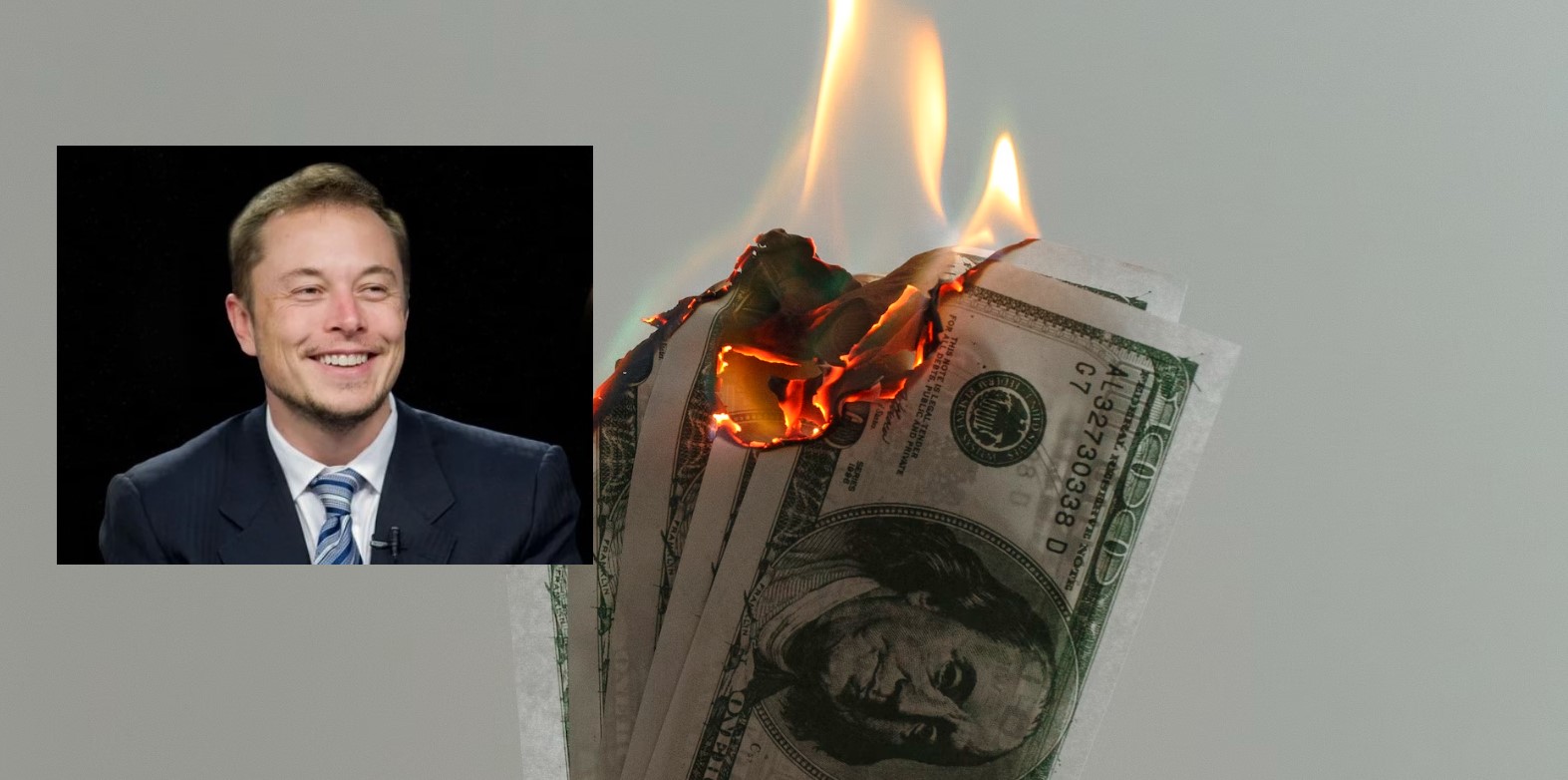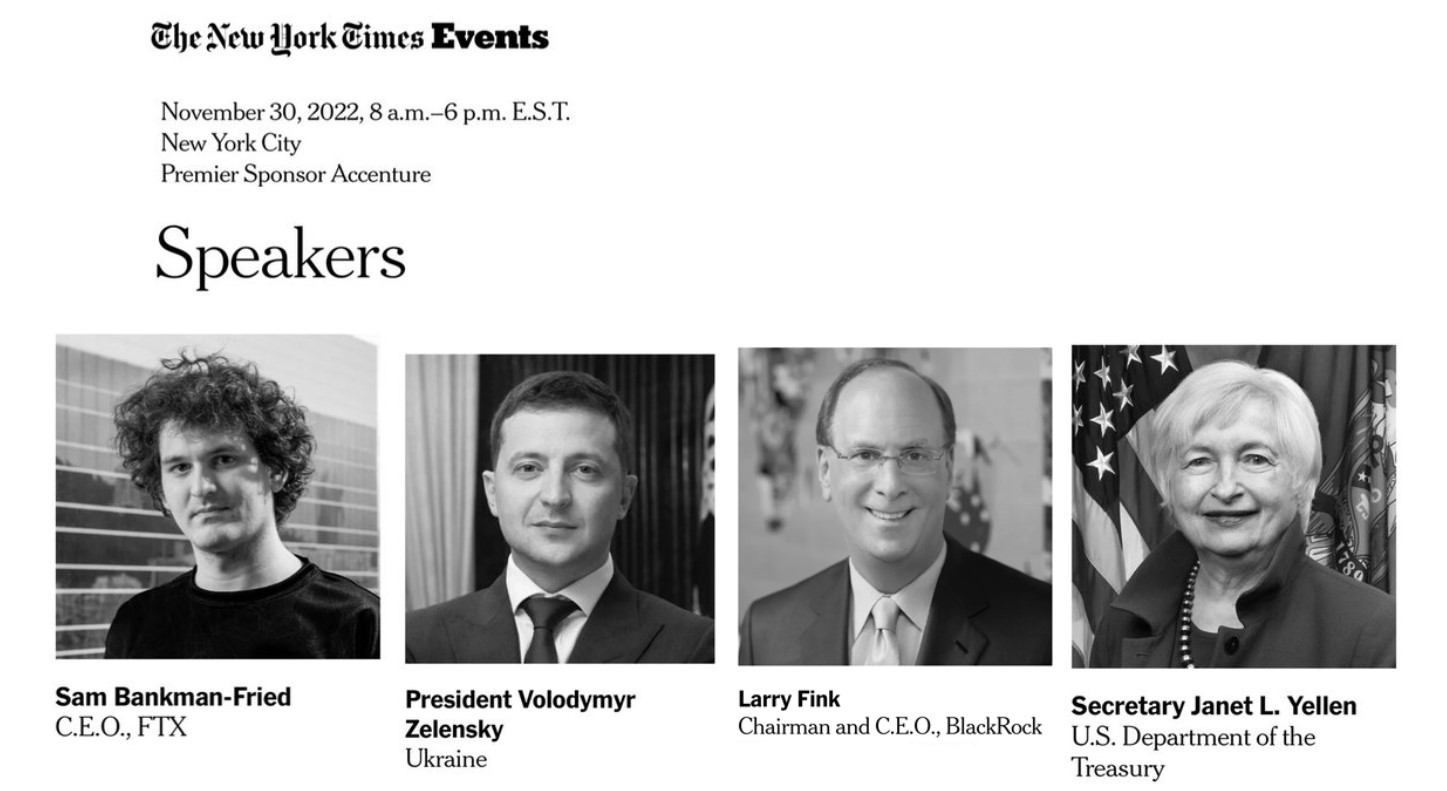If you look at any thread about president Trump, Islam or immigration on a Chinese social media platform, the term baizuo quickly surfaces as a social media buzzword.
A thread on “why well-educated elites in the west are seen as naïve ‘white leftists’ in China” on the website Zhihu, received more than 400 answers to just that question from Zhihu users.
The term baizuo is used generally to describe those who “only care about topics such as immigration, minorities, LGBT and the environment” and “have no sense of real problems in the real world”; they are hypocritical humanitarians who advocate for peace and equality only to “satisfy their own feeling of moral superiority”; they are “obsessed with political correctness” to the extent that they “tolerate backwards Islamic values for the sake of multiculturalism”; they believe in the welfare state that “benefits only the idle and the free riders”; they are the “ignorant and arrogant westerners” who “pity the rest of the world and think they are saviours”.
The notion in the Chinese context clearly resembles terms such as “regressive liberals” or “libtards” in the United States. But the very problems that conservatives in the West are concerned about – immigration, multiculturalism, minority rights, and affirmative action, are largely unknown to Chinese society.
Cultural and identity politics has never gained much traction as political issues because there is very little in the way of political correctness in China. In heated discussions about baizuo on Chinese social media websites, Chinese Muslims are often insulted for being “unintegrated” or “complicit in the spread of Islamic extremism”.
The term was first used during the European refugee crisis, and Angela Merkel was the first western politician to be labelled as a baizuo for her open-door refugee policy. Hungary, on the other hand, was praised by Chinese netizens for its hard line on migrants.
Another derogatory name often used alongside baizuo is shengmu – literally the ‘holy mother’ – which according to its users refers to those who are ‘overemotional’, ‘hypocritical’ and ‘have too much empathy’. The criticisms of baizuo and shengmu soon became an insult to volunteers, social workers and all other activists who express overt sympathy for migrants.
In May 2016, Amnesty International published their survey results showing that the most welcoming country for “refugees” was China however, but the finding was viewed as highly problematic in the Chinese media. Global Times conducted their own online survey in response to Amnesty’s claim, and the results were quite the opposite: 90.3 percent said ‘no’ to the question ‘would you accept refugees in your own household?’ and 79.6 percent said ‘no’ to the question ‘would you accept refugees in your city, or would you like to be neighbours with refugees?’.
Amnesty’s portrayal of China as a welcoming country for migrants was seen as part of a foreign conspiracy, intended to pressure the Chinese government to accept more “refugees”. A senior researcher at the Chinese Academy of Social Sciences commented that this survey was “weird” and seemed to “incite citizens against the government”.
The anti-baizuo movement in China gained stronger momentum during the US presidential election campaign. Following the debates in the US, a number of other issues such as welfare reforms, affirmative action and minority rights were introduced into online discussions on the ‘white leftists’. Baizuo critics in Europe, for example, argue that it is unfair that the Chinese “have to work so hard to stay, whereas these refugees can simply come and claim asylum”.
Established Chinese immigrants in the United States often make the case that affirmative action policies put Chinese-Americans in a disadvantageous position, and “Chinese should not pay the price for the wrongs white Americans have done” as they are often over-represented in institutions of higher learning because they are hard-working.
China is an prime example of how an authoritarian leadership, and not democracy, invited economic prosperity. Although economic disparity in China has been worsening in recent years, sociologist Yu Xie found that most Chinese people regard it as an inevitable consequence of economic growth, and that inequality is unlikely to give rise to political or social unrest.
Chinese netizens often dismiss struggles against discrimination as naïve, pretentious or demanding undeserved privileges. According to Baidu Trends, one of the most related keywords to baizuo was huimie: “to destroy”. Articles with titles such as ‘the white left are destroying Europe’ were widely circulated.
In an academic-style essay that was retweeted more than 7000 times on Weibo, a user reviewed European philosophy from Voltaire and Marx to Adorno and Foucault, concluding that the ‘white left’ as a ‘spiritual epidemic’ is on its way to self-destruction.
Ultimately, it represents the fatal weakness of democracy. It should to be noted that the internet in China is subject to strict censorship. The Chinese government has been known to hire internet commentators to influence social media posts. According to a recent research conducted by scholars at Harvard University, 29 percent of of such posts they investigated fall into the category of taunting of foreign countries.













One comment
The Chinese are no more to be trusted than the Muslims. They’re just as racist as the Muslims. They all “work for the good of China” after all. No matter where they go. Fact.
By submitting a comment you grant Free West Media a perpetual license to reproduce your words and name/web site in attribution. Inappropriate and irrelevant comments will be removed at an admin’s discretion. Your email is used for verification purposes only, it will never be shared.